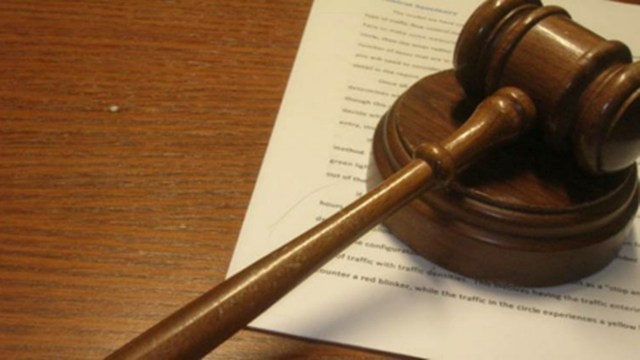Court accepts ACB closure report in Powai land ‘fraud’
The proceedings related to the allegations that in the Powai Area Development Scheme intended for affordable housing, losses were caused to the public exchequer by diverting the land for the construction of luxury apartments by developers, including Hiranandani.
 “There is no alleged breach of terms of the tripartite agreement, any other irregularities and illegal acts found to be committed by the accused/respondents,” the court said, putting an end to the long-pending proceedings.
“There is no alleged breach of terms of the tripartite agreement, any other irregularities and illegal acts found to be committed by the accused/respondents,” the court said, putting an end to the long-pending proceedings.
ACCEPTING THE closure report filed by the Anti-Corruption Bureau (ACB), a special court has said that no criminal case is made out into allegations of a Rs 30,000-crore land fraud in Powai, clearing businessman Niranjan Hiranandani and others.
The proceedings related to the allegations that in the Powai Area Development Scheme intended for affordable housing, losses were caused to the public exchequer by diverting the land for the construction of luxury apartments by developers, including Hiranandani.
Special Judge S E Bangar on June 2 accepted the 29-page closure report filed by the ACB, while also rejecting a protest petition filed by activist Santosh Daundkar.
“There is no material worth the name to even create a suspicion indicative of any offence by the accused persons,” the court said. It also said that around 8,000 residents of the housing scheme have not filed any criminal complaints or supported the complainant, Daundkar, and ruled that he is neither a resident nor an investor in the scheme.
Stating that the case was of a “civil nature”, the special court also said that proceedings before the Bombay High Court related to the housing scheme had been disposed of and in light of compliance done by the developers, nothing was brought on record to infer any criminal offence.
The ACB began its probe into the allegations in 2012 but had filed a closure report in 2013, which was first rejected by the court in 2018 and a further probe was ordered.
The ACB reinvestigated and again submitted a closure report in 2019, maintaining that no offence was found. The ACB said that the issues raised were that of policy and contractual violations and were not of criminal culpability.
For development of the Powai area, a tripartite agreement was executed between the state of Maharashtra, Mumbai Metropolitan Region Development Authority and Hiranandani Developers Pvt Ltd on November 19, 1986, related to 232.32 acres of land.
The agreement required development of 50 per cent flats each of 40 sq metres and 80 sq metres, and 15 per cent of the developed flats to be handed over to the state.
It was alleged that instead of low-income affordable housing, unauthorised amalgamated luxury units were constructed, leading to commercial exploitation of land and violation of the terms of the agreement.
The ACB, while seeking closure of the case, relied on orders by the high court, where separate proceedings were filed, referring to three Public Interest Litigations, which were disposed of in 2023. The ACB argued that the order settled the issue and no grievance remains.
The high court had disposed of the PILs, observing that all contractual obligations under the 1986 agreement were fulfilled and compliance was made of its earlier interim orders, including directions for the construction of 2,661 flats of the agreed upon square metres and handing over of 256 flats to the government.
Daundkar had claimed that the PILs addressed compliances with housing policy but criminal culpability remained. His plea seeking access to internal notings related to the scheme were rejected by the court stating that they were “confidential”.
“There is no alleged breach of terms of the tripartite agreement, any other irregularities and illegal acts found to be committed by the accused/respondents,” the court said, putting an end to the long-pending proceedings.












